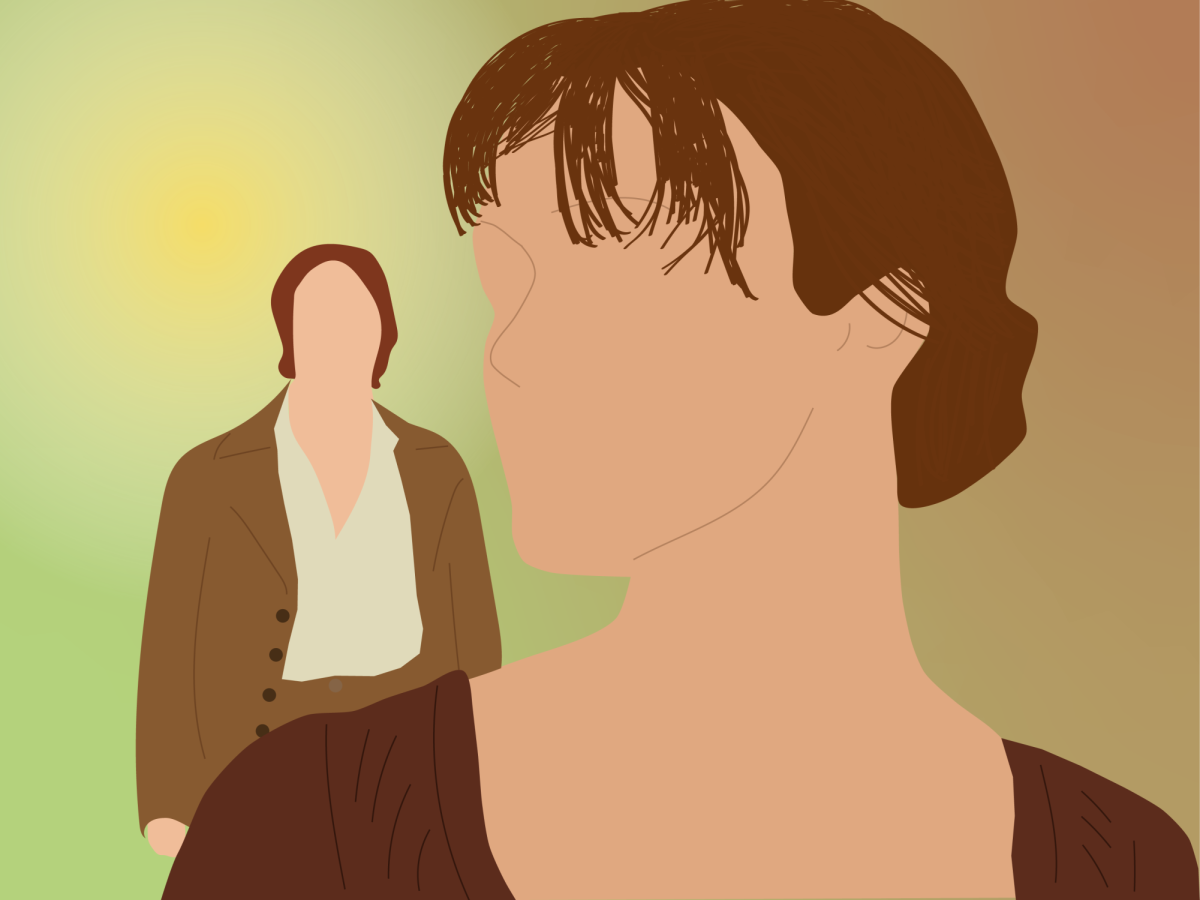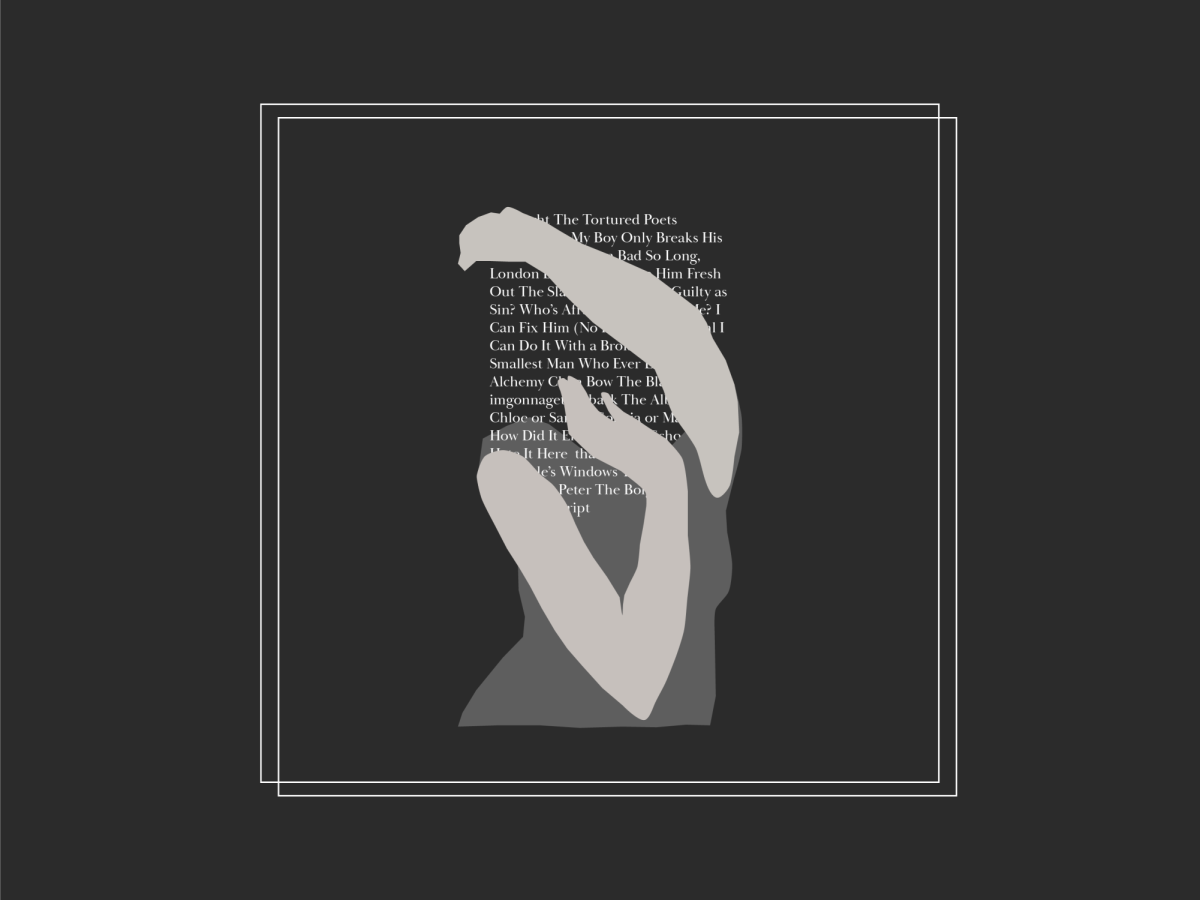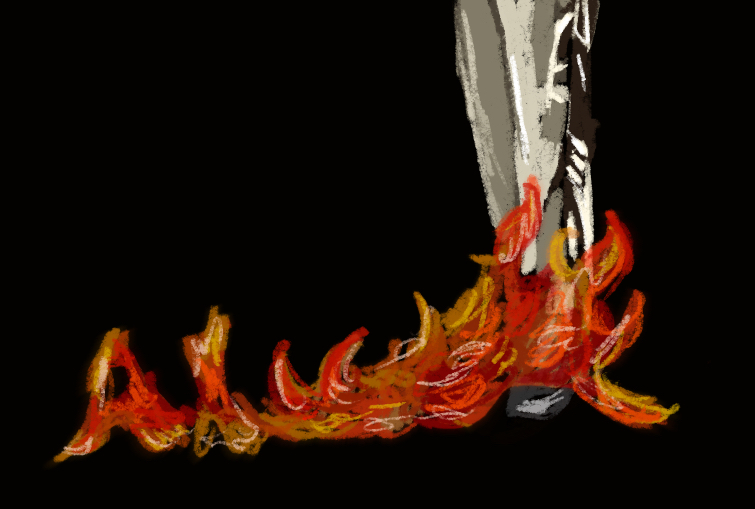By Caitlin Walsh, News Correspondent

A TV series based on a mini-series based on a book — that would be one way to aptly describe “House of Cards,” a Netflix original program.
On Feb. 1, Netflix released the entirety of the first season, all 13 episodes, allowing viewers to watch at their own pace. The series, produced by Beau Willimon and starring Kevin Spacey, Robin Wright and Kate Mara, among others, is a political thriller dealing with the corrupt inner workings of Capitol Hill.
That alone spells out a recipe for a hit show, however, some of the show’s booming success must also be credited to the way it is offered.
Instead of a week to week wait, with the cliffhangers and unanswered questions that audiences are so accustomed to, the season is available all at once, leaving it up to viewers to watch it in 13 hours or 13 weeks — whatever their hearts desire. No more anguishing waits, no more fighting for the TV for one hour a week in a crowded house.
But this also means no more building anticipation, no more practiced patience and perhaps most importantly, no more “water cooler” talk, as Dr. Karen Petruska, a Northeastern media and screen studies professor, put it.
“The water cooler is an old and tired metaphor, but it still conveys a cultural relevancy to television that may be eclipsed by contemporary TV practices,” she said. “If we do not have cultural narratives in common, do we lose a crucial opportunity to debate and critique the changes facing our world? I can’t read commentary about “House of Cards” because I don’t want to be ‘spoiled,’and my own pace of viewing is unique to me. Losing this opportunity to chat about television in real time is disappointing.”
Websites like Netflix and Hulu have conditioned viewers, mostly in the young adult age group, to digest an entire show in just a few sittings, rather than week to week. Though until now only older shows were available, Petruska brings up an important point on the lack of water cooler talk: do those of us now watching “The West Wing” or even “One Tree Hill” still get that week to week “oh my God, can you believe that?” discussion? Does this loss of anticipation of what direction the writers will take seriously hinder our viewing?
This also poses a possible problem for writers of these shows. Dr. Joanne Morreale, interim director of the media and screen studies program, brings up the issue of content; more specifically, having enough of it.
“TV is already a writer’s medium, but now they can have a complete storyline and don’t have to make it up as they go along (which can get them into trouble, as we saw with ‘Lost’—no way to end),” she said. “I imagine the challenge will be having enough content at the start. We may see more adaptations for this reason.” The possibility of running out of ideas as the series progresses is, thus, a very real one, with no wiggle room left—a season must be thoroughly thought out from the very beginning.
Despite the challenges facing such a series, however, “House of Cards” has impressed many — including, according to BuzzFeed’s Rebecca Berg, Capitol Hill. The details are uncannily spot on, even down to the set designs, and the political speak is accurate. Though overly dramatic at times, for the sake of interest, the fact checking has undoubtedly been done.
Petruska does praise the show despite the death of water cooler talk.
“I found myself really driven to watch every night, at first, because I was interested. The idea of the powerful egomaniac rebuffed by the president he considers inferior to himself caught my attention,” she said.
However, despite any love for the show itself and even it’s innovative attempt at viewing, she does note that it is not necessarily changing the landscape of television right this minute.
“There are industrial innovations with ‘House of Cards’ and other programs, like the forthcoming return of ‘Arrested Development,’ she said. Foremost, releasing an entire program at once is novel, and the reasons Netflix can do that are important – they do not depend on advertiser funding which makes their form of television radically different from traditional broadcasting. Netflix is basically throwing spaghetti at the wall to see what sticks, and the possible ramifications of their strategies are far from clear. So, while rather optimistic readings of the strategy of ‘House of Cards’ suggest that Netflix is ‘blowing up the history of television as we know it,’ I urge caution in making those dire conclusions.”
Whatever the long term outcome on television viewing ends up being, though, the show is certainly worth a watch for those craving a smart, political wit paired with the drama and thrill of great cinema.












